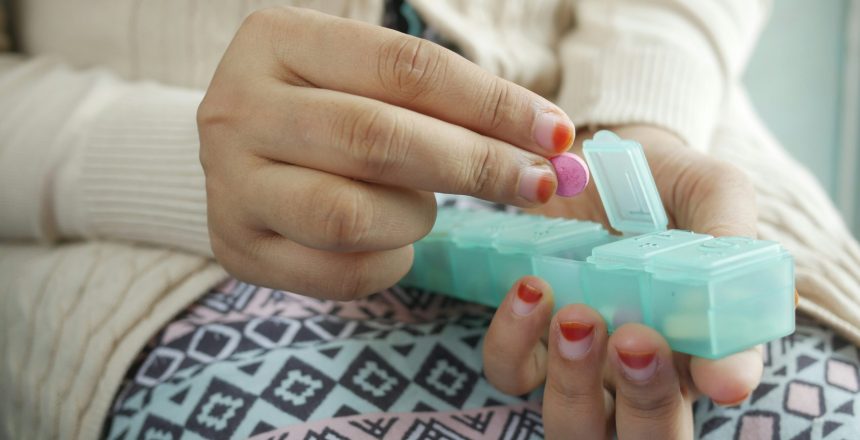If you or someone you love is struggling with opiate addiction, you know how challenging recovery can be. Withdrawal can feel impossible. Cravings are constant. After a few failed attempts to quit, it can seem hopeless. That’s why so many doctors are now turning to Medication-Assisted Treatment for opiate addiction. The treatment can ease the struggle of withdrawal and enable more profound healing.
At Liberty House Recovery Center in Michigan, we’ve witnessed firsthand how MAT can help people rebuild their lives. It’s not a magic pill or a shortcut, but it is a proven tool to quiet the body so recovery can begin.
Opiate Addiction Explained
Opiate addiction is a complex disease with multiple causes. It often begins with prescription painkillers following surgery or injury, but can also start with illegal opiates like heroin or fentanyl.
Opiates alter the brain’s chemistry by binding to receptors that regulate pain and pleasure, leading to a euphoric effect and eventual dependence. Over time, the brain stops producing its own feel-good chemicals, leading to painful withdrawal when the drug is absent — nausea, sweating, anxiety, and insomnia. This isn’t a failure of willpower; it’s biology. Doctors recognize that addiction is a disease, which is why MAT has become one of the most effective treatments for opiate addiction.
Understanding Medication-Assisted Treatment for Opiate Addiction
Medication-Assisted Treatment uses FDA-approved medications such as buprenorphine (Suboxone), methadone, or naltrexone, combined with therapy and counseling. The goal isn’t to replace one drug with another — it’s to restore balance in the brain and body by easing withdrawal and reducing cravings. Think of MAT as a way to stabilize the body so the mind can heal. Once cravings are under control, people can focus on therapy and the emotional work of recovery.
At Liberty House, MAT is paired with evidence-based therapies like Cognitive Behavioral Therapy (CBT) and Dialectical Behavior Therapy (DBT) to address the root causes of addiction, such as trauma, anxiety, and depression.
Reasons Doctors Recommend MAT for Opiate Addiction
1. Prevent Relapse
Relapse isn’t weakness — it’s chemistry. Long-term opiate use rewires the brain to crave the drug. MAT medications help block cravings and, in some cases, prevent opiates from producing a high. This allows people to focus on recovery rather than resisting urges and focus on relapse prevention.
2. Make Recovery Safer and More Comfortable
Detox can be dangerous without supervision. MAT allows individuals to move through withdrawal safely and more comfortably under medical care, increasing the likelihood of staying in treatment.
3. Support Long-Term Recovery
Studies show people receiving MAT are more likely to remain sober long-term. By stabilizing cravings and mood, MAT helps individuals stay engaged in therapy and build healthy, sustainable habits.
4. Treat the Whole Person, Not Just the Addiction
Addiction is often rooted in physical, emotional, or psychological pain. MAT, paired with therapy, helps clients process that pain in a healthy way. At Liberty House, licensed dual diagnosis counselors address both addiction and co-occurring disorders such as depression or trauma for comprehensive healing.
5. Reduce the Risk of Overdose
After abstinence, tolerance drops — making relapse more dangerous. MAT medications like naltrexone and buprenorphine reduce cravings and block opioid effects, lowering the risk of fatal overdose.
Common Myths About MAT
Myth: “MAT just replaces one drug with another.”
Truth: MAT medications don’t produce a high when used correctly. They help restore normal brain function and reduce withdrawal.
Myth: “You’re not really sober if you’re on MAT.”
Truth: Sobriety is about recovery and stability, not abstaining from necessary medication. MAT helps people reach lasting recovery safely.
Myth: “You’ll have to stay on MAT forever.”
Truth: Treatment length varies. Some individuals need MAT for months, while others require it for years. The focus is on gradual progress and stability, not rushing the process.
MAT at Liberty House Recovery Center
At Liberty House Recovery Center, we believe everyone deserves a chance to recover — no matter how many times they’ve tried before. Our Medication-Assisted Treatment for opiate addiction in Michigan combines medical care, therapy, and peer support in a compassionate environment. We tailor treatment to each individual, creating customized plans that reflect personal goals and needs. Clients receive continuous guidance as medications and therapies are adjusted throughout the process. Our goal is to help each person manage stress, rebuild relationships, and rediscover a life beyond addiction.
Get Help for Opiate Addiction with Liberty House Recovery Center
If you or someone you love is ready to stop fighting and start healing, Liberty House Recovery Center is here for you. We offer one of the most comprehensive Medication-Assisted Treatment programs in Michigan, helping clients safely transition from dependence to freedom.
Call Liberty House Recovery Center today or reach out through our website to learn more about our MAT program for opiate addiction. Start your journey toward healing and a brighter future — you don’t have to face this alone. We’ll walk with you every step of the way.


